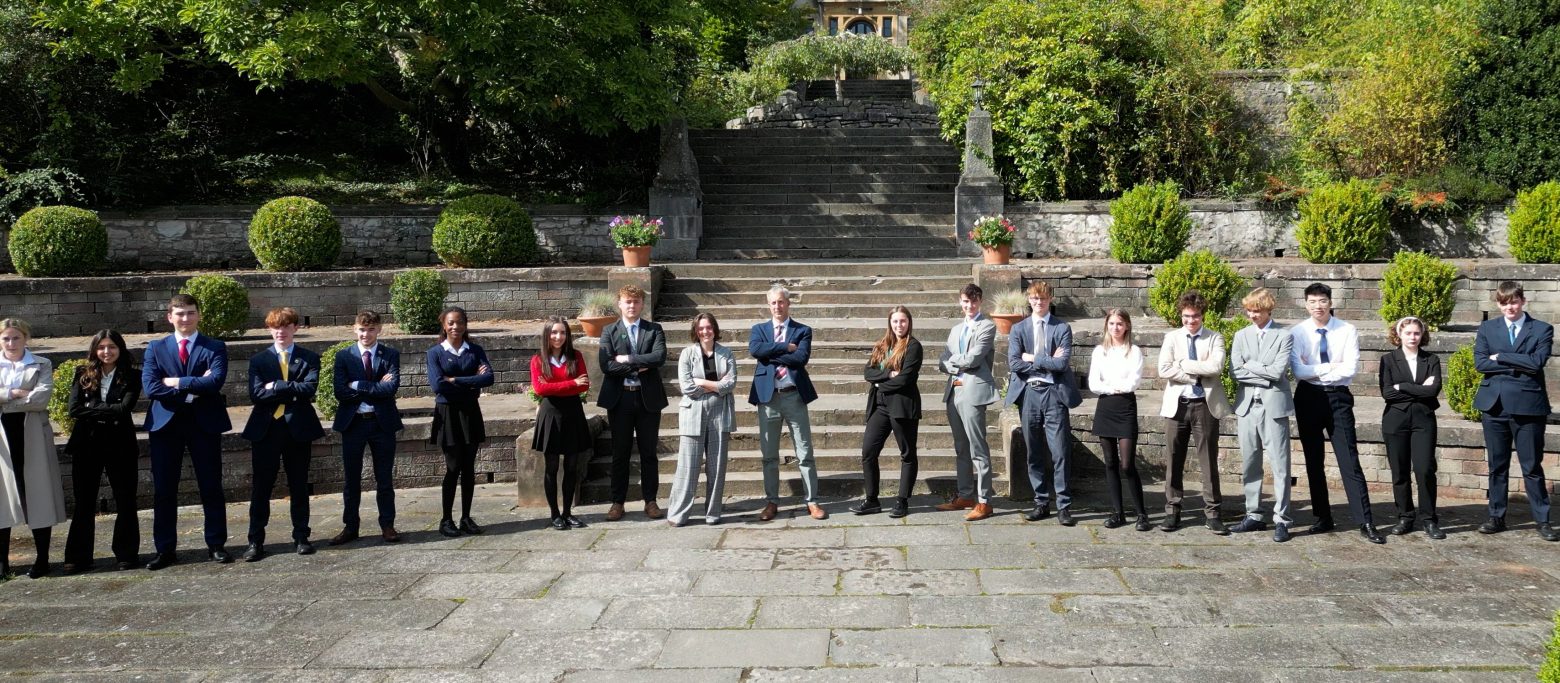You can find below all aspects of the Myddelton College Sixth Form curriculum.
Sixth Form Curriculum

Art & Design
Art is a very popular subject where the aim of the course is to allow students to express their individuality and creativity. Art is an exciting and enriching subject where students experiment with a wide range of creative experiences in 2D and 3D form. students independently research contemporary and traditional artists throughout history, in order to develop ideas and produce a final outcome in the material of their choice.
Art and Design can lead to range of careers; artist, architect, engineer, teacher, illustrator, graphic designer, fashion designer, photographer, animator, ceramicist, make-up artist, printer, computer game designer and advertising.
As part of the enquiry process, we visit galleries to gain experience, reference and inspiration.Recent Art trips have included:
V&A Museum, London
National Portrait Gallery, London
The Bodyworks, London
Thackeray Gallery, Liverpool
Tate Modern,
Liverpool Tate Modern, London
Ruthin Arts & Craft Centre, Ruthin
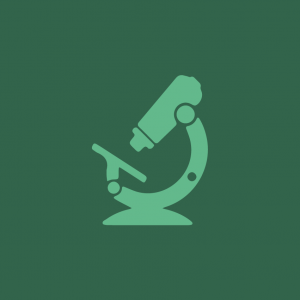
Biology
A level Biology explores the theories involved in living systems, the study of life itself. As well as learning theory and its application, biology students develop practical and research skills. You will gain an understanding of how society makes decisions about scientific issues, and some of the ways the scientific community contributes to the success of the economy and society. If you are interested in recent developments in genetic engineering or disease prevention, understanding how we evolved, finding out how cells carry out so
many different processes in a seemingly effortless fashion, tracking down natural resources, the true impacts of pollution on the natural world, animal care and conservation programmes then Biology is a good subject choice.

Business Studies
Business Studies is a useful, practical and fascinating subject that many students enjoy and benefit from. It will allow you to develop a variety of transferable skills that will improve your employability and stay with you for the rest of your life,
regardless of what career you choose. You will gain a great understanding of how organisations operate, and how organisations adjust to a changing market. Students will build knowledge of core business concepts and apply them to business contexts, to develop a broad understanding of how businesses work. Students will be required to take a more strategic view of business opportunities and issues using an enquiring, critical and thoughtful approach to the study of business.

Chemistry
A level Chemistry studies the material world and chemistry is involved in everything we do, from baking a cake to recharging a mobile phone. Chemists will continue to respond to the demands of society, creating new materials, efficient energy use, drug development, and emerging technology. Chemistry helps to connect the physical sciences, like maths and physics, with the applied sciences, such as biology, medicine, and engineering. As it is a science subject, studying chemistry helps a student to be objective, analytical, methodical and solve problems. You can apply these skills to the real world and chemistry aids understanding of current global environmental and health issues. Chemistry is one of the Russell Group universities ‘facilitating’ subjects – so called because choosing them at A-level allows a wide range of options for degree study.

Computer Science
Computing is transforming our lives, especially the way we work and communicate with each other. ‘A’ level Computer Science will provide you with the theoretical and practical knowledge to understand and actively participate in these changes as you transition to further studies or employment.
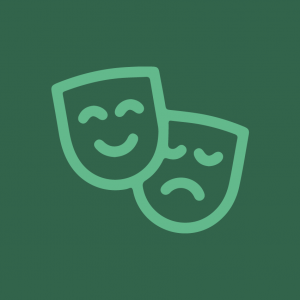
Drama
Drama is a very creative subject where the aim of the course is to develop pupil’s performance or design skills, as well as to allow students to express their individuality and creativity. Apart from it being an outstanding course with Myddelton having 100% A* grades, Drama is highly regarded by Universities, including Oxbridge and the Russell Group, for the skills that are developed on the course. Students will study what makes an excellent actor, designer, director and producer, refining their own performance skills and/or design skills, preparing for them to progress to Drama school if they so choose. They will study a wide range of styles, as well as famous drama practitioners and put their techniques into practice. For the written exam, all students will answer questions on the three set texts, referring to the pieces of live theatre that they have seen.

Economics
Economics develops the ability to think logically and to use theories to understand how economies operate. At the centre of the subject is the question of how we divide up our sacred resources and how decisions resulting from this affect us all.
Studying Economics will encourage you to find out about the world around you. You might be interested in developing a good understanding of how the effects of certain actions can be felt globally. Studying economics can help to satisfy your curiosity for the world around you. Students who study economics go on to university to further their study of the subject or combine it with Business Management or Finance. Many economists find themselves working in the financial sector. Economics can lead to a wide range of careers in Economics and Finance-related professions including: Accountancy, , Data Analyst, , Finance and Banking. You might consider working in marketing, human resources or management. Studying economics can lead to careers in almost any sector of industry, from banking to fashion, every company needs economically minded individuals.
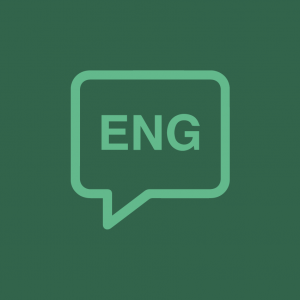
English Language
Studying English Language at a A level is probably one of the most diverse, demanding and academic A levels you can possibly take. Within this subject you will not only discover about the evolution and development of the English language but explore the psychology and philosophy behind verbal communication, language as a form of cultural identity, language as a form of innovation, child development, sociology and behavioural science to name but a few. This is both a diverse and richly rewarding course which will prepare any candidate for a life and career beyond Myddelton College. This is a facilitating A level which will allow you to access a whole range of University and College courses. Outside of university this is a qualification which will indicate to any employer that you are a potential employee with a very strong set of skills.
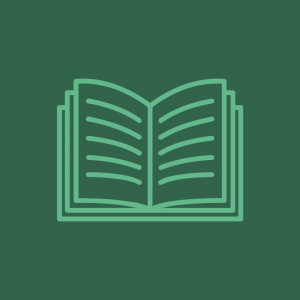
English Literature
English Literature is a richly rewarding A level. Through this course you will read above and beyond the core elements and become a well rounded academic student exploring ‘the human condition’. The course follows the AQA A specification and you will engage with and explore a range of texts from the 1700’s to modern day. Lessons tend to be run on a university tutorial style where each student is encouraged to develop and explore their own thoughts and ideas. An English Literature
A level is one of the top four A levels you can have and is widely recognized as being an A level that can allow you entry to a wide and diverse range of university courses. More than that though an English Literature A level fully prepares you for your life ahead.

English As A Second Language
IELTS
The International English Language Test (IELTS) is designed to help you work, study or migrate to a country where English is the native language. This includes countries such as Australia, Canada, New Zealand, the UK and USA. Your ability to listen, read, write and speak in English will be assessed during the test. IELTS is graded on a scale of 1-9.
TRINITY ISE
Integrated Skills in English Exams Trinity’s Integrated Skills in English (ISE) is a contemporary four skills (reading, writing, speaking and listening) qualification recognised by governments and institutions as providing reliable evidence of English language proficiency. Preparing for ISE helps develops authentic communicative and transferable skills that are required for academic study and employability, such as synthesising information, participating in interactive discussions and presenting on topics of personal interest. Myddelton College is a registered Trinity Examination Centre.

Geography
Geographers are among the most employable university graduates. Geography is a relevant, dynamic and academically rigorous subject that helps you to make sense of the world around you. At A level a variety of topics are studied across both human and physical geography that help you to engage critically with some of the most pressing challenges facing the world today. As well as the exciting topic content, your will also develop your qualitative and quantitative geographical skills at A level; working with images, factual text and discursive/creative material, digital data, numerical and spatial data and innovative forms of data, including crowd-sourced and ‘big data’.
At A level fieldwork provides an exciting opportunity to study processes, systems and interconnections in both human and physical geography. You will develop skills to select research questions, apply relevant techniques and skills, and find appropriate ways to analyse and communicate your findings. As well as developing these desirable skills for employment, fieldwork experiences at A level can also open up opportunities to travel further afield to fascinating destinations.

Government & Politics
What is Politics? How can a minority government survive? Is the American President a liar? Do you trust the news? Can you be a ‘citizen of nowhere’? What does it mean to ‘take back control’ and are referendums a good idea? Is UKIP still relevant? What are British values? Should you pay for university education? Would Theresa May be more popular if she cried in public? Did Hillary Clinton lose in 2008 because she cried in public?
Politics is everywhere and A level Politics is a truly dynamic course in which what happens today. students will learn about political events and current affairs in Britain, Europe and the USA and debate and discuss them. A healthy society is a society in which many people participate in political activity and do so with insight and understanding.
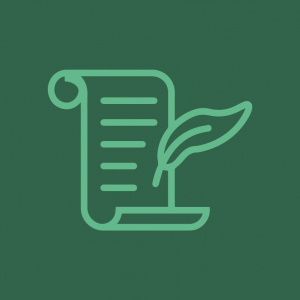
History
‘What career routes can history allow me to follow?’ The answer simply, is any route you choose! The skills developed through the study of History are transferable and will compliment a range of other subjects. Employers are always looking for young people who are able to think critically and analytically, both key attributes of the historian. It is impossible to have a clear understanding of current affairs, without understanding past events, and their impact on societies. The role of the historian is to study past events, identify where we went wrong; and to comment on how to avoid repeating those same mistakes. Through a broad and balanced curriculum, students will develop their skills of analysis, evaluation, communication, and historical significance. The course gives learners opportunities to study aspects of history in breadth and depth; identifying trends of change and continuity. It also encourages students to consider the nature and purpose of history, as well as how historians work.

Mathematics
Mathematics is vital in the modern world and is particularly important to those wanting to study a variety of subjects at University- pure mathematics, sciences and social sciences, finance, engineering and medicine to name a few. Mathematics is a mark of academic distinction and highly regarded in further education regardless of degree choice. It can be challenging, and students choosing mathematics should enjoy studying mathematics as they will need to work hard both in lessons and independently.

Further Mathematics
Further maths doesn’t necessarily mean harder maths. As this will be a separate mathematics A level you will get the chance to study topics in more depth. As with A level Mathematics, this is a highly regarded qualification that demonstrates a student’s ability to problem solve at an advanced level. The course will require independent study in addition to the taught lessons and is ideal for anyone with an ability and aptitude for mathematics.

Media Studies
BTEC Level 3 Extended Certificate Digital Creative Media Production: Film & Television Production is at each Level vocational course all about media products. There is no written exam aspect of the course, it is made up of coursework and a practical exam.
This qualification is designed to provide a technical and practical introduction to digital film and video production. Learners develop skills in areas such as single and multi-camera techniques, sound recording and film editing.
This qualification is for post-16 learners who are looking to progress to higher or degree apprenticeships, employment or to further education and training. This BTEC course is highly regarded by media companies and media industry, due it’s practical and technical nature.

Music
Apart from the innate enjoyment musicians’ gain from playing an instrument and being part of a group, music is part of everyday life and enhances all areas of society. Having a cultural and intellectual understanding of music from Corelli to Collier or Gamelan to Glass gives us a crucial insight into people from around the world. Music has well documented cognitive benefits for all and is an essential part of human existence.
Music compliments and enhances all academic subjects. Various careers utilising music are: composing, performing, teaching, the arts, orchestral management, music therapy, sound engineer, music production and music journalism. Post Grade 5 practical and theory music exams will give students UCAS points when applying for a University course.

Physical Education
A level Physical Education will equip students with both a depth and breadth of
knowledge, understanding and skills relating to scientific, socio-cultural and practical aspects of physical education. It will require them to:
- Develop theoretical knowledge and understanding of the factors that underpin physical activity and sport and use this knowledge to improve performance
- Understand how physiological and psychological states affect performance
- Understand the key socio-cultural factors that influence people’s involvement in physical activity and sport
- Understand the role of technology in physical activity and sport
- Refine their ability to perform effectively in physical activity and sport by developing skills and techniques and selecting and using tactics, strategies and/or compositional ideas
- Develop their ability to analyse and evaluate to improve performance
- Understand the contribution which physical activity makes to health and fitness
- Improve as effective and independent learners and as critical and reflective thinkers with curious and enquiring minds.
A-level Physical Education qualifications allow students to play to their strengths and gain dynamic theoretical and practical skills for further education or work.

Physics
A level Physics gives you the opportunity to explore the phenomena of the universe and to look at theories that explain what is observed. This subject combines practical skills with theoretical ideas to develop descriptions of the physical universe. If you are interested in the limits of space, the beginning of time and everything in between this is the subject for you. Physics is a maths based subject, and you will develop confidence in problem solving, equations and calculations.
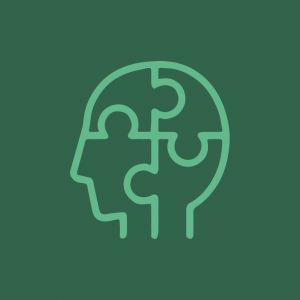
Psychology
At Myddelton College, we study Psychology on the Edexcel exam board. It is a linear course, meaning there is no coursework element, and you will sit three exam papers in the Summer of Year 13. On your Year 12 and Year 13 content.
What makes people tick? Why do some people behave the way they do? Why do different things affect your mood and your confidence? If you’ve ever spent time thinking about issues such as these, psychology might be the subject for you. Psychology is the scientific study of the mind and human behaviour. It studies the way people act and interact. By studying psychological experiments, and carrying out our own, we learn about our own behaviours, as well as the behaviours of those around us.

Religious Studies
Religious Studies encourages students to develop an appreciation of religious thought and its contribution to individuals, communities and societies. The qualification does this through an enquiring, critical and reflective approach to the study of religion.
It helps students to develop insightful evaluations of, ultimate questions about the purposes and commitments of human life, especially as expressed in philosophy, ethics and religion.
Students will use ideas from a range of approaches to the study of religions and beliefs in order to research and present a wide range of well-informed and reasonable arguments, which engage profoundly with moral, religious and spiritual issues.

Spanish
A level Spanish, allows students to develop their linguistic skills alongside their understanding of the culture and society of Spanish speaking countries. They will study technological and social change by looking at the multicultural nature of Hispanic society and study highlights of Hispanic culture, focusing on Spanish regional identity and the cultural heritage of past civilizations. Throughout the course, students will learn the language in the context of Hispanic countries and the issues, which have influenced them. In addition, students will study texts and film and carry out independent research on an area of their choice.
Spanish is the second most widely spoken language in the world with over 400 million speakers; moreover, it is one of the most spoken in Europe. Being able to speak Spanish will enable you to access numerous academic and career opportunities and will provide opportunities to both work and travel in Europe, Central and South America. Furthermore, language skills alone are already an advantage in potential employers’ eyes, but Spanish even more so, as it is so widely spoken. Many British and American companies conduct business in Spanish-speaking countries, and with over 30 million Spanish speakers in the US alone, it is a great skill to have if you are looking to work abroad or with international people.
Assessment tasks will cover Reading, Writing, Listening and Speaking.





